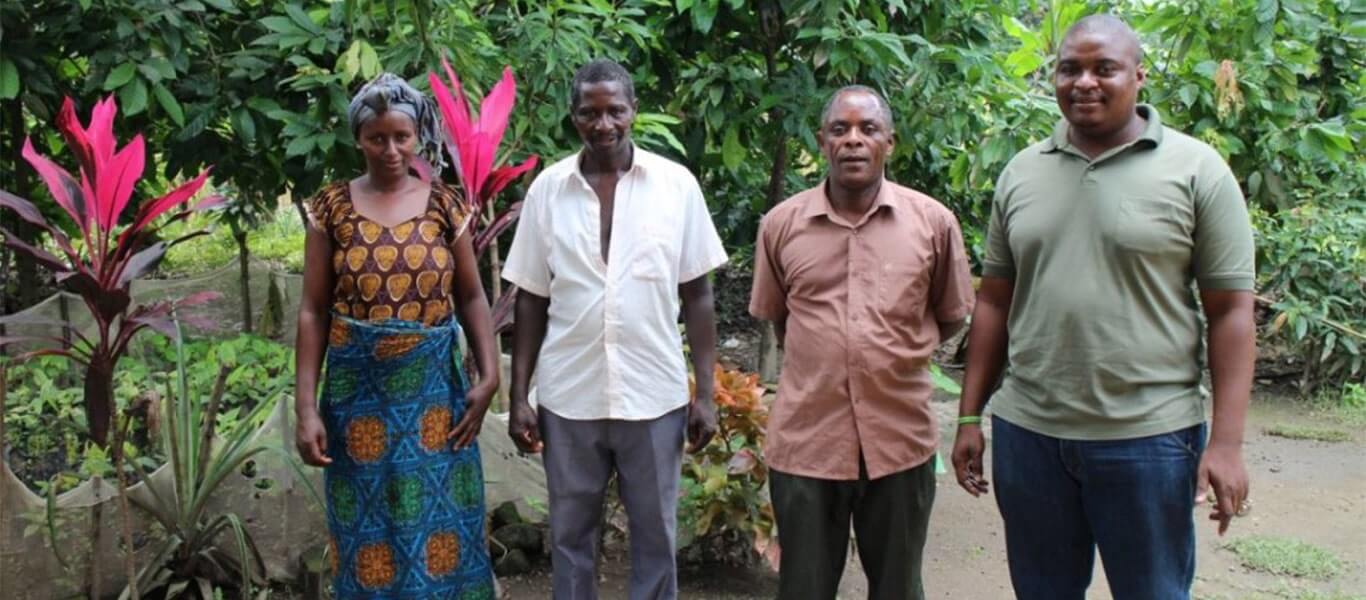Waziri Hussein, 38, growls as he shifts gears to inch his 40ft container Scania semi-trailer forward in the truck traffic emerging from Gate No 5, the international container terminal of the Dar es Salaam Port. The peak Friday exit traffic meant he had been queuing for at least an hour to get this far. Under a permanent cloud of dust in the blazing afternoon sun, Hussein’s three-member crew prepared to embark upon its 2,300km journey to Kisangani, the Democratic Republic of Congo. “In another two maybe three hours, we may reach Ubungo intersection,” says Hussein, frowning as he looks ahead over the traffic from his elevated vantage position. “What is annoying is that after enduring the long wait inside the gate, there are still about three checkpoints on just this 2km Bandari stretch, which only worsen the congestion, and then we still have to get across Mandela road to Ubungo.” Without a substantive, functioning railway system, trucks such as Hussein’s remain the main connector between the Port of Dar es Salaam and its clientele in seven countries, including Tanzania. This also means they are the landside manifestation of a critical set of challenges including clearing systems and seaside infrastructure, which together have contributed to the bothersome reputation for congestion that the Port of Dar es Salaam is currently battling to quash through concerted efforts. “It is a complex mix of challenges,” says Hebel Mhanga, the acting Port Manager. “We have a narrow and shallow entrance channel which can’t receive bigger...
Dar es Salaam Port moves to shed the old stigma
Posted on: June 22, 2016
Posted on: June 22, 2016
























